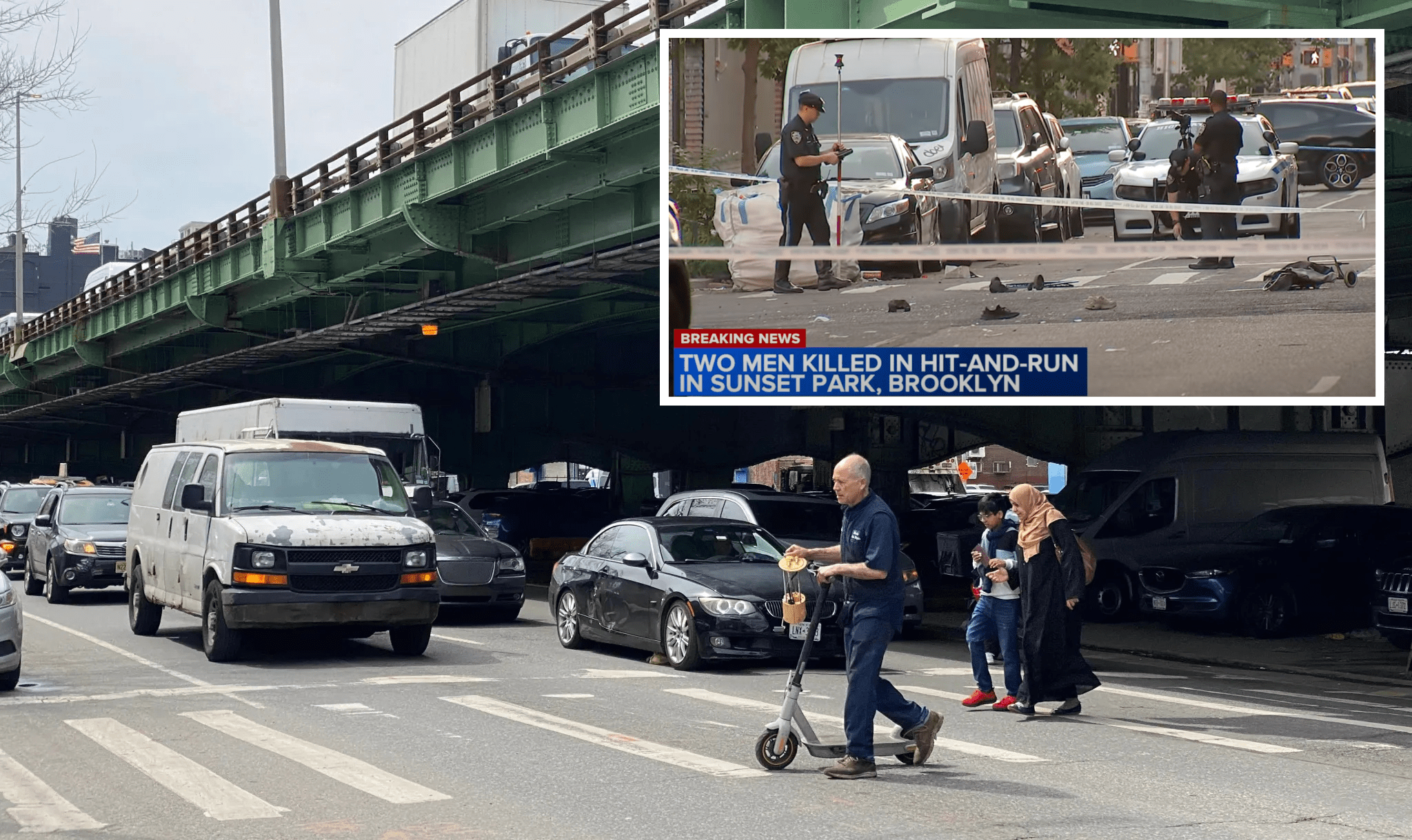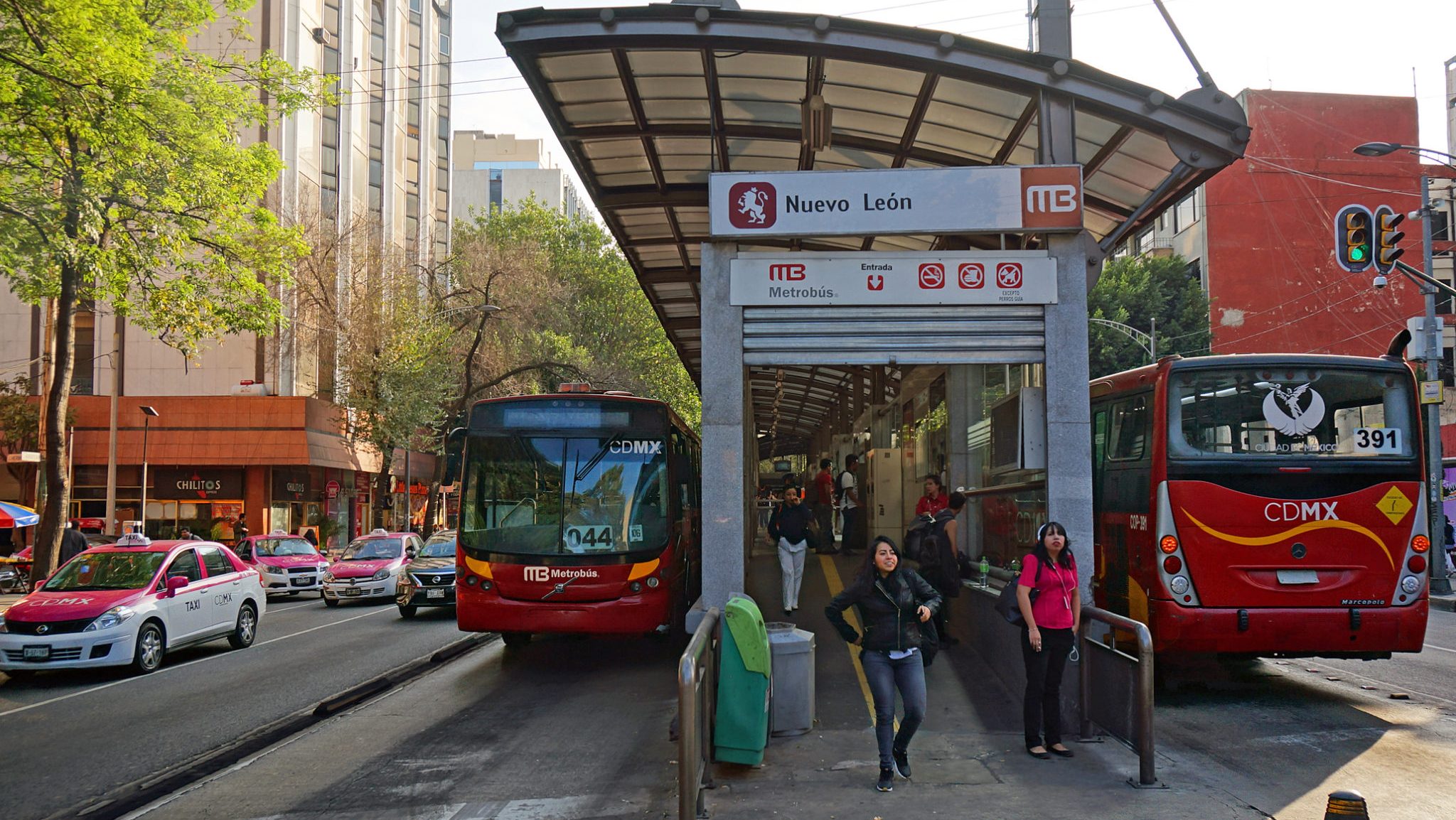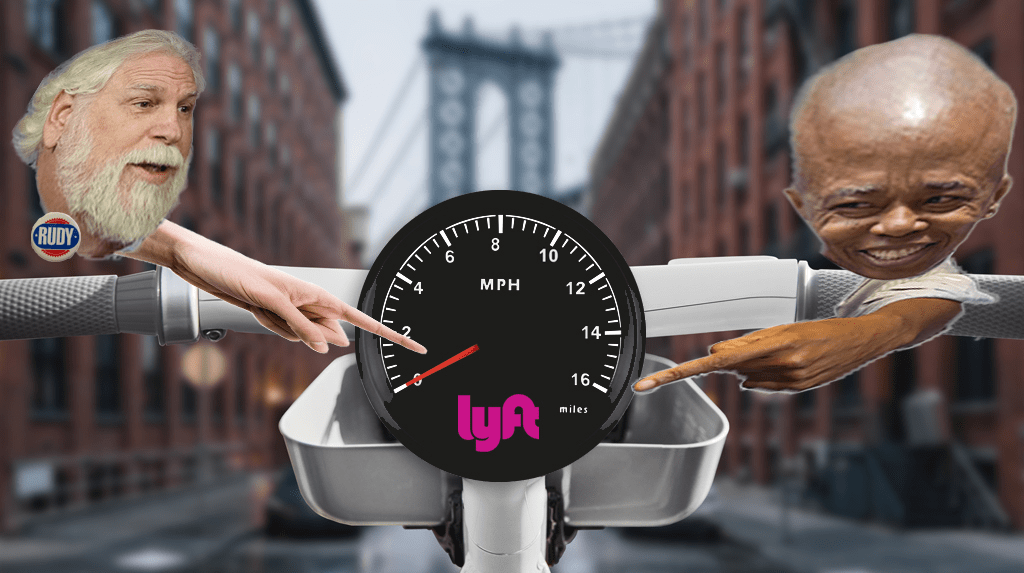What do proponents of healthy cities -- or smart growth, if you prefer -- really want? Is it top-down government bureaucracy interfering with everyone's lives, or is it more choices? Like the choice not to live in tract suburbia and drive to work alone each day.

In a pretty paranoid screed at Investors Business Daily, Lawrence McGuillan asserts it's the former. Smart growth advocates want to move people around "like chess pieces," he says, even suggesting they will soon "ban gasoline-powered automobiles" altogether. (LOL!)
But at the end of McGuillan's tirade, he argues for the very thing urbanists are demanding.
If governments ended their war on home construction, builders could buy the land they need to construct the housing that local people want, not housing that politicians and smart-growth activists want. That would increase the stock of affordable housing and help the environment too.
David Edmondson at The Greater Marin responds:
While McQuillan digs at smart growth, his critique more aptly applies to our country’s existing urban policies. We have spent so long trying to structure and restrict where and how our cities grow, especially within already built-up areas, we’ve made our cities totally unaffordable for those who want to live there and our suburbs too far from the core for those who want the big-yard, drivable lifestyle.
McQuillan adds: “[H]ere lies the folly of government master plans to control growth. People are not chess pieces to be moved about at the will of politicians and bureaucrats. People have dreams and aspirations for themselves and their families.” And yet through policies that have been in place for over 60 years, politicians and bureaucrats have played a helluva lot of chess with our lives.
If governments like those in Marin lifted density and parking controls and focused instead on maintaining small-town character, if they stopped artificially segregating commercial and residential uses, if the federal government stopped its $450 billion annual subsidy for single-family home development*, if the state stopped subsidizing 70 percent of road maintenance and construction with sales taxes and other non-user fees, perhaps we’d see some equilibrium return to our transportation and housing markets. We wouldn’t need regional housing quotas or ABAG or affordable housing grants because the housing market would simply meet the demand.
Elsewhere on the Network today: The Urbanophile looks at how small a fraction of major American cities are zoned for anything other than single-family housing. A View from the Cycle Path offers some signs that your community has achieved "mass cycling." And Strong Towns criticizes the state of Minnesota for failing to embrace the wholesale transportation reforms that current conditions necessitate.





